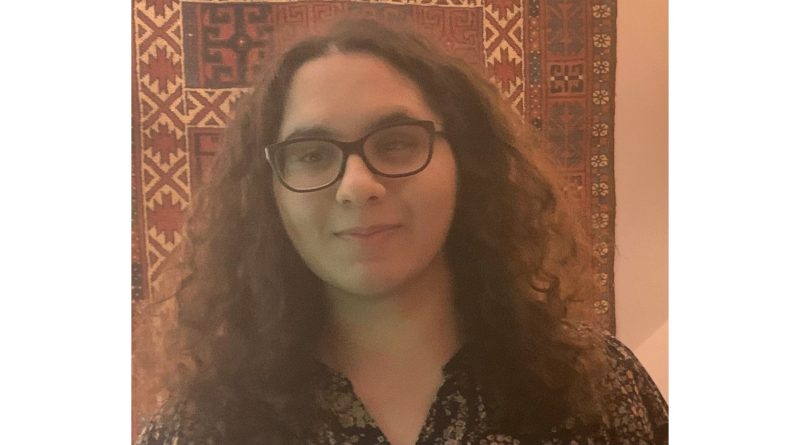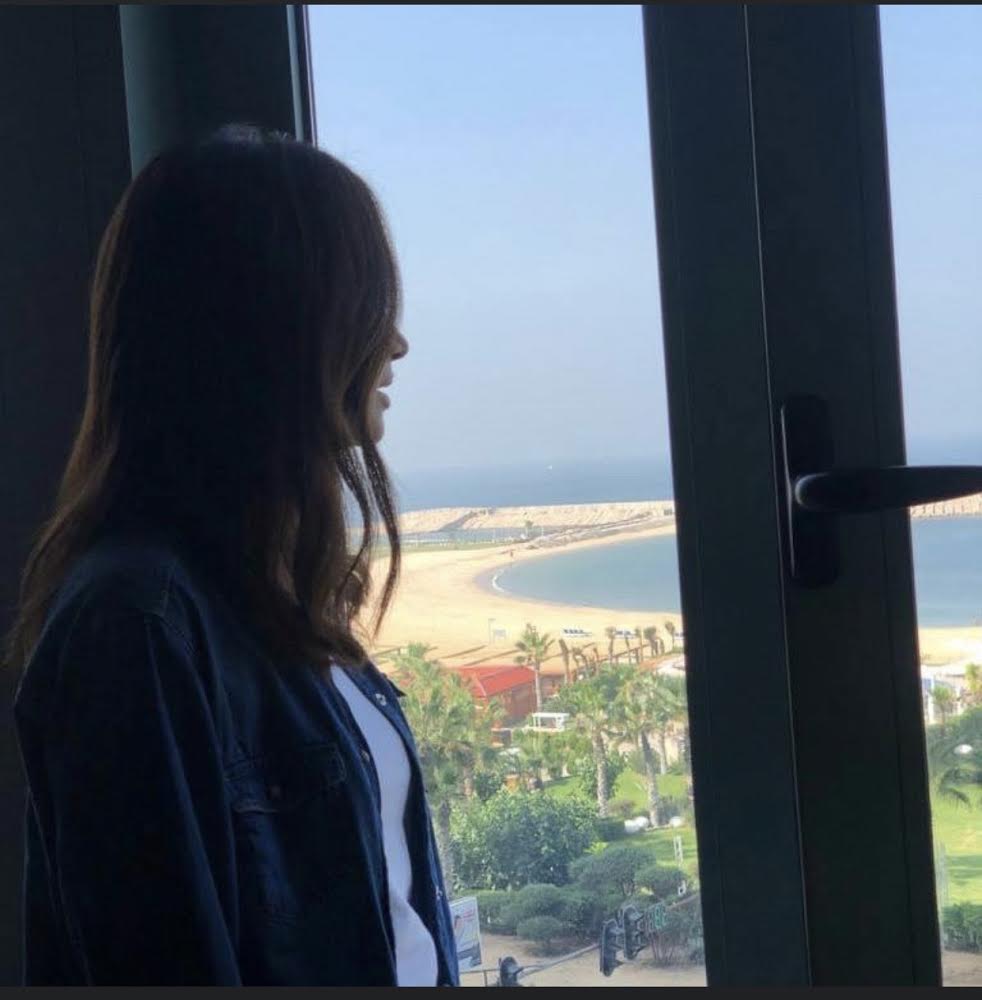When it Comes to Vaccines, Everyone Should Combat Misinformation
By: Maya Abouelnasr
Senior Reporter
Much like the rest of the world, Egypt has joined in the mad dash to get as many people vaccinated as soon as possible.
The Ministry of Health (MoH) reported on May 22 that over four million people in Egypt had signed up for vaccination on its website registry.
Of those, according to Reuters’ COVID-19 tracker, over 1.4 million people have received at least one dose of either the Sinopharm or AstraZeneca vaccine since the process began at the start of this year. This accounts for 0.7% of Egypt’s population.
There are several reasons that can explain Egypt’s low vaccination numbers, and many of them ultimately come down to Egyptian attitudes toward the vaccine.
The main categories of people I have come across are: those who doubt the vaccines’ efficacy, those who don’t have access to registration resources, and those who are worried about whether or not the vaccine is free of charge.
Regarding the first category of people, I’ll admit my family was initially part of this skeptical group. This stemmed from the conflicting information about the vaccines at the start.
On the one hand, we had been told by family friends who are doctors that it would take at least a year and a half to produce and test the vaccines before they could be deemed effective and safe for usage.
Meanwhile, the misinformation spreading online also made it more challenging to figure out whether the vaccines were reliable.
For instance, on social media, it was initially suggested that Sinopharm – the Chinese-produced vaccine – was ineffective and, considering Egypt’s first shipment of vaccines was 50,000 doses of Sinopharm, some of us were a bit uneasy.
After speaking with various friends abroad who got vaccinated and doctors who conducted research on Sinopharm, we wanted to at least give ourselves some kind of immunity, especially with all of the new variants coming to market.
As for the second group of people reluctant to get the vaccine, their challenges extend beyond simple skepticism – it’s an issue of access to resources.
My driver, for example, explained that those living in his neighborhood of Sayeda Aisha in Old Cairo quickly gave up on trying to register for the vaccine due to lack of tech savvy.
They were unable to navigate the MoH’s website.
The process requires Egyptians and foreign expatriates to fill in a questionnaire about their age, sex, and medical history, and upload a picture of the national ID or passport. A verification code is then sent to registrants which must be uploaded to the application within 60 seconds before it expires and a new one is sent.
For those who are unfamiliar with how such processes work, they can be left frustrated and confused. Similarly, if they have poor internet connectivity, the process can be slow and tedious.
Although there is an option for people to seek help from medical staff at the nearest hospital when filling out the online questionnaire, many are hesitant to register for the vaccine in the first place.
This leads me to the third group of people who are worried about registering for the vaccine because tget are unsure whether or not they have to pay for it.
An Ahram Online article announcing the timeline for Egypt’s vaccine rollout plan indicated that medical personnel would be receiving the vaccine free of charge, and that it would be offered to the general public for EGP 100 per dose. As for “the neediest people”, they would be receiving both doses for free.
My driver, however, says no criteria has been given for who can qualify for receiving the vaccine free of charge.
Many might not have the means to pay for vaccines. For those who work in the informal economy, monthly wages are around EGP 735, making it challenging for a family of several members to have access.
Nevertheless, the need for quick action has become more urgent as COVID-19 cases in Egypt threaten to become a full-fledged wave.
As frontline medical workers do everything they can to fight the disease, there is equal duty for the government to fight misinformation.
First and foremost, there needs to be a clearer message sent out to all people. There needs to be a thorough explanation of the available vaccines, their effectiveness and possible side effects to combat social media rumors. There also needs to be clarification of the logistics of registering for the vaccine – from prices to instructions on how to register online.
This message could be conveyed over the radio and direct TV messages through public service announcements (PSAs), as opposed to just lengthy press conferences. Currently, there are over five million people following the MoH Facebook page which does provide valuable and timely information not just on the coronavirus. But how many people check Facebook for medical updates?
As for those who do not have access to media outlets, the government should make a conscious effort to target these poorer areas and make sure to provide accurate information among its residents.
Of course, in the middle of all this, we – the people – also have a role to play.
When we come across any misinformation, whether online or in conversation, we should politely ask for verifiable sourcing, point out where the information has gone wrong, and direct the public toward reliable sources.
Now is certainly not the time to leave anyone behind, especially that it has become clear that not everyone has equal access to information. As we continue to strive toward total inoculation, we should remain ever cognizant of how we can help our fellow Egyptians get access to the COVID-19 vaccine.



